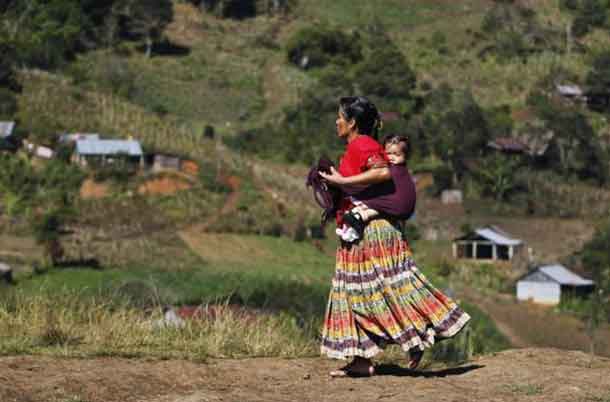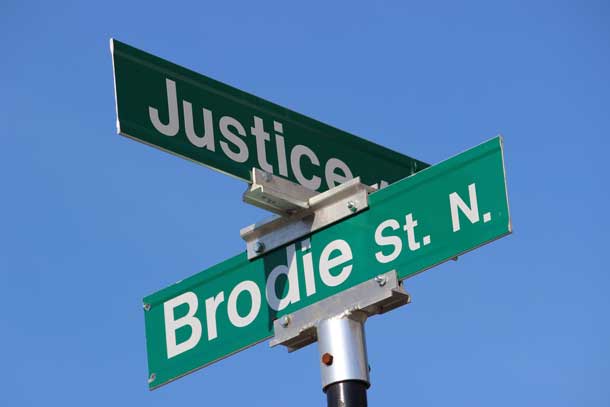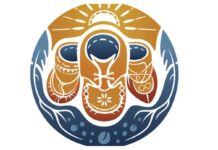

“The poverty in Guatemala affects women most and hardest, especially indigenous women.”
By Ellen Wulfhorst
TECPAN, Guatemala – (Thomson Reuters Foundation) – An indigenous woman in Guatemala is more likely than all her fellow citizens to be sick, illiterate, poor and overwhelmed by too many unplanned children.
That’s if she’s not dead already.
Nearly half the population is indigenous in Guatemala, Central America’s biggest economy, but they do not share in its fortunes. Indigenous women in particular are pushed aside and suffer racism and violence, campaigners say.
“We are discriminated against one, because we are poor, second, because we are indigenous and because we are women,” Victoria Cumes Jochola, coordinator of Nuestra Voz, or Our Voice rights group, told the Thomson Reuters Foundation.
Some eight million indigenous people live in Guatemala, most descendants of the Mayan civilization that once dominated Central America.
Four in five are poor, and they are nearly three times as likely to live in extreme poverty than others in the country, according to the World Bank.
They earn less money than non-indigenous people, more often working in informal jobs picking crops or selling street food.
Their life expectancy is 13 years shorter, and the maternal mortality rate more than twice as high. They often speak one of more than 20 native languages rather than Spanish.






